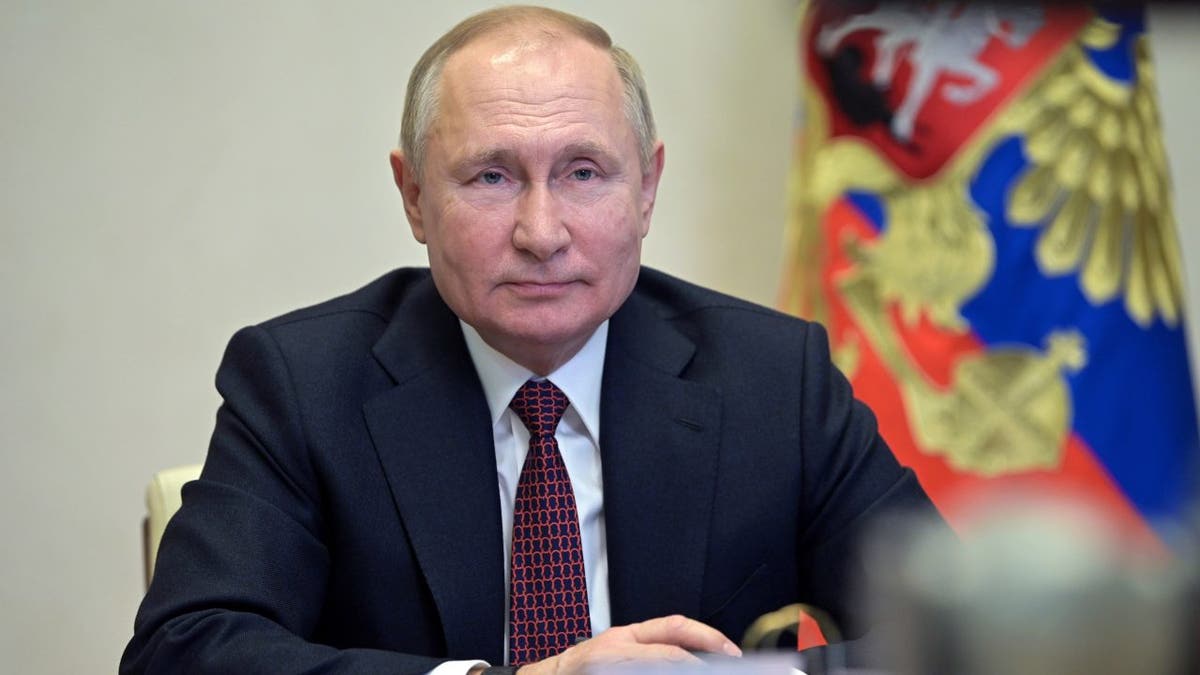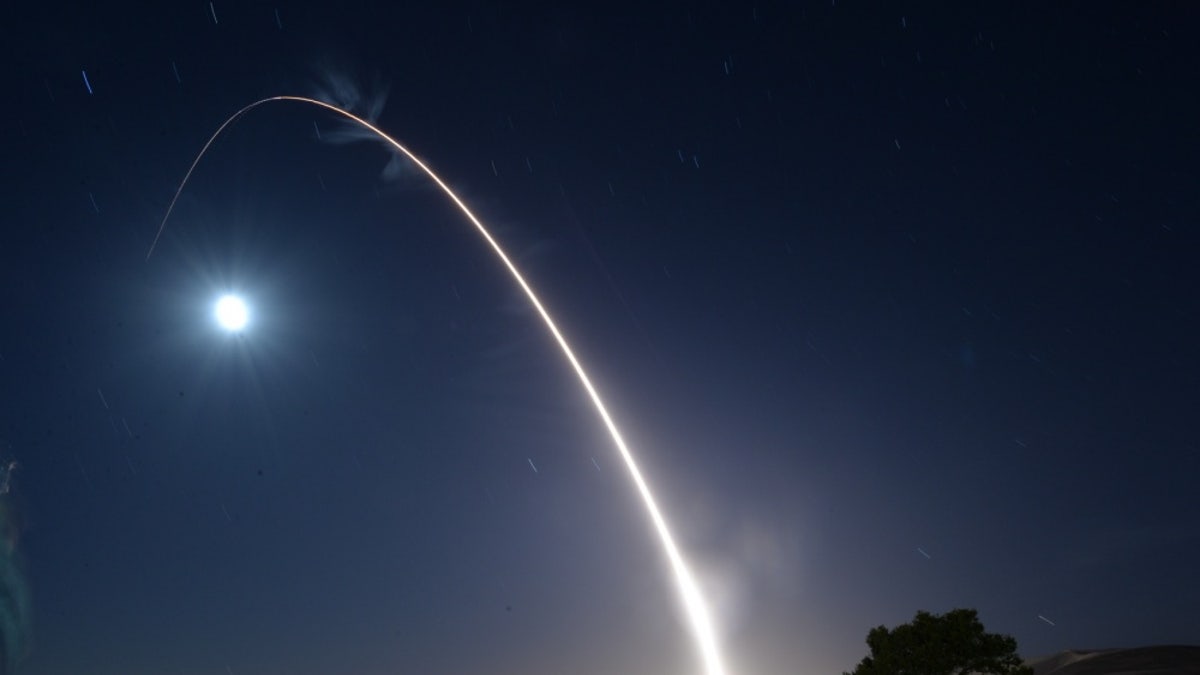Former US ambassador to NATO: Putin is ‘only threat’ to Russia
Former U.S. Ambassador to NATO Kurt Volker tells ‘The Story with Martha MacCallum’ that Putin is the ‘only threat’ to Russia since he’s driving his country to ‘ruins.’
The Pentagon postponed a planned test this week of a Minuteman III intercontinental ballistic missile (ICBM) amid signs of nuclear tensions with Russia.
"Today, I want to talk a little bit about something that we are not going to do," Pentagon press secretary John Kirby said during a Wednesday press briefing. "And I want to explain why last weekend, as you saw, President Putin directed a special alert of Russian nuclear forces."
Last week, Putin ordered the Russian defense minister and the chief of the military's general staff to put the nuclear deterrent forces in a "special regime of combat duty." The move signals tensions could boil over into a nuclear war.

President Vladimir Putin ordered Russia’s all-out invasion of Ukraine only eight months after TIME magazine billed President Biden as ready to take on the Russian leader. (Sputnik, Kremlin Pool Photo via AP)
"Now, in this time of heightened tensions, the United States and other members of the international community rightly saw this as a dangerous and irresponsible — and as I've said before — an unnecessary step," Kirby continued.
"Both the United States and Russia have long agreed that nuclear employment could have devastating consequences," Kirby added. He noted the two nations recently agreed that nuclear war cannot be won and must never be fought.

Pentagon spokesman John Kirby speaks during a briefing at the Pentagon in Washington, D.C., Feb. 3, 2022. (AP Photo/Andrew Harnik)
"Such provocative rhetoric and possible changes to nuclear posture involving the most consequential weapons in our respective arsenals is unacceptable," Kirby said.
Kirby said Secretary of Defense Lloyd Austin has postponed the planned ICBM test "in an effort to demonstrate we have no intention in engaging in any actions that can be misunderstood or misconstrued.
"And we did not take this decision lightly, but instead to demonstrate that we are a responsible nuclear power."

An unarmed U.S. Air Force Minuteman III intercontinental ballistic missile launches during an operational test May 3, 2017, at Vandenberg Air Force Base, California. (U.S. Air Force photo by Airman 1st Class Daniel Brosam)
Sen. Jim Inhofe, R-Okla., condemned the Pentagon's decision as "disappointing," describing the ICBM test as "critical to ensure our nuke deterrent stays effective."
"Deterrence means projecting strength & resolve – not sacrificing readiness for hollow gestures," the senator added on Twitter.
The U.S. Air Force keeps 400 Minuteman III missiles on alert at three bases in the West and Midwest, each of which is armed with one nuclear warhead. The Air Force tests such nuclear-capable missiles about four times per year, sending an unarmed missile 4,000 miles into space before it lands near the Marshall Islands.
CLICK HERE TO GET THE FOX NEWS APP
Of the deployed nuclear arsenal of the United States, 70% is below the sea aboard ballistic missile submarines. Such nuclear missiles carry multiple nuclear warheads, each of which is approximately 30 times more powerful than the nuclear bombs dropped on Japan in 1945.
All such missiles are on high alert at all times and can be launched within minutes.
Fox News' Lucas Tomlinson contributed to this report.













































